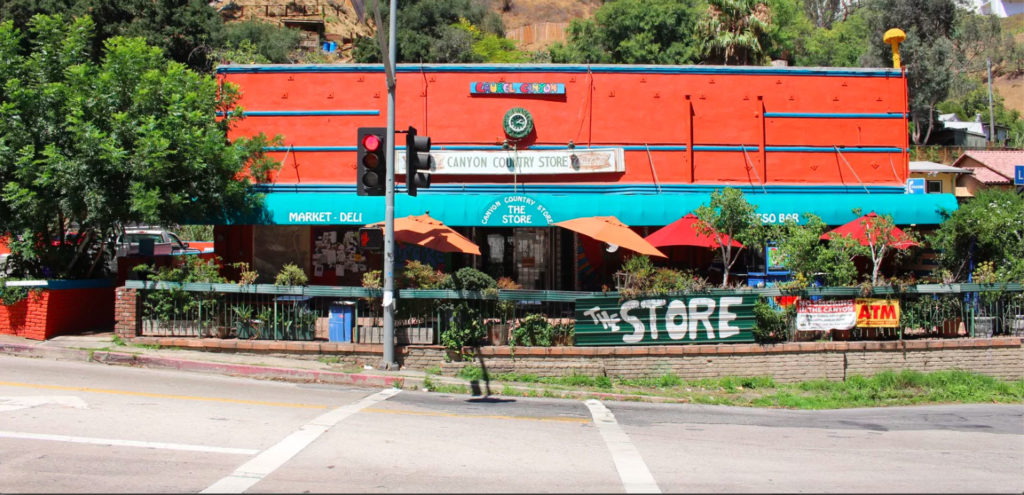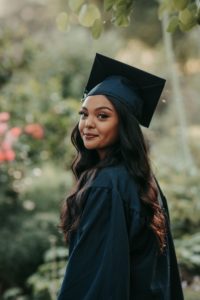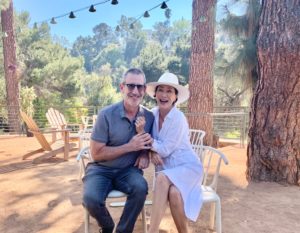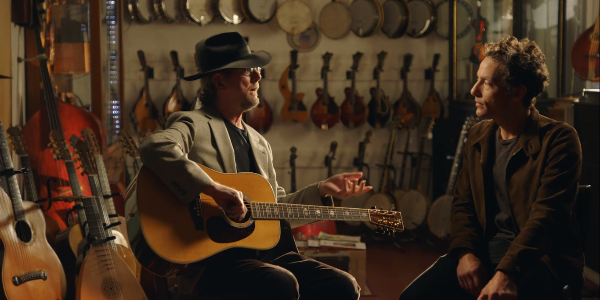
The Brits may have had their rock invasion, but in the ’60s California had its sun-dappled version, headquartered in the wooded slopes and curling roads of Laurel Canyon, where a singular collection of musicians from all over — drawn by a combination of hilly seclusion and proximity to Hollywood recording studios — fostered an era-defining vibe of collaboration, freedom and poetic inspiration.
A highly evocative start to the Los Angeles Times review of new film, Echo in the Canyon, which I had the pleasure of seeing this weekend.
That the music of this place and time was an inspiration when I first heard it on the radio and continues to be relevant to me so many years later is only sweetened by the fact that I’ve lived just off Laurel Canyon for over 25 years. I know that “curling road” like the back of my hand. While I’ve driven by it thousands of times, The Laurel Canyon Country Store still puts me into that late-60’s hippie mind-set every time. I can’t help but think of Joni Mitchell, Steve Stills, Graham Nash, Mama Cass, Jim Morrison and so many other music icons who shopped there.
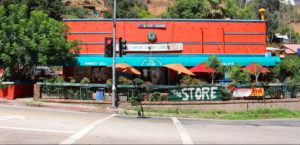
I already knew a lot of the stories told in Echo in the Canyon, having read the excellent Laurel Canyon: The Inside Story of Rock-and-Roll’s Legendary Neighborhood by Michael Walker along with so many other books and articles about rock & roll. The stories, old and new, were fascinating. But what struck me in particular about the film was its take on creativity and collaboration.
Every pop-culture breakthrough is influenced by what came before it. In his book Hit Makers, Derek Thompson argues that in every great innovation in music, film, TV and marketing, there must be something familiar for people to latch on to. If something is truly “revolutionary” or unlike anything that came before it, audiences will likely be alienated and unsure of what to do with the new creation.
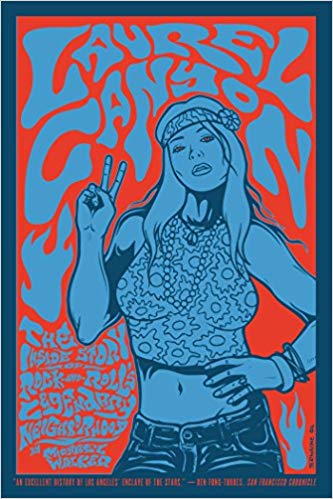
The Beatles are a great example and an excellent lead in to the Laurel Canyon story. They didn’t invent rock & roll, and indeed, their heroes included Chuck Berry, Elvis and other American artists. But they successfully synthesized American music – blues, rock and pop – into a sound (and a look) that was different, viscerally powerful, but still relatable.
In turn, it was The Beatles who inspired the founder of the Byrds and the most important of the seminal artists interviewed in the film, Roger McGuinn. A folk guitarist known for playing the Rickenbacker 12-string (the guitar is another star of the film), McGuinn describes being transfixed by the Beatles. While playing the clubs of Greenwich Village in New York, before he made his way to Los Angeles, he tells the story of playing I Want to Hold Your Hand on his acoustic guitar. “It didn’t go well,” he says. Nor was it received any better when he got to L.A and played the Troubadour.
But McGuinn loved the new rock music and was set on the idea of putting folk songs to the “Beatles Beat.” His arrangement of Bob Dylan’s Mr. Tambourine Man was a huge hit, prompting musicians with folk roots like The Mamas & The Papas and many others to follow him to Los Angeles and Laurel Canyon.
McGuinn describes a burgeoning celebrity community where neighbors regularly dropped into one another’s homes unannounced for jam sessions and impromptu parties.
George Harrison attended some of these gatherings when The Beatles were in L.A. and composed “If I Needed Someone” based on a Roger McGuinn riff in The Byrds’ cover of Pete Seeger’s “Bells of Rhymney.”
In another story, McGuinn tells Jakob Dylan, son of Bob, executive producer, performer and chief interviewer of Echo in the Canyon, how “Dylan came by” while they were recording Mr. Tambourine Man, suggesting that the session was his inspiration to go electric at the Newport Folk Festival, a mind-shattering, highly controversial event for the folk community. In one of the more amusing moments in the film, the younger Dylan, tongue in cheek I would hope, responds to this story by asking, “Who’s Dylan?” forcing McGuinn to say “Bob.”
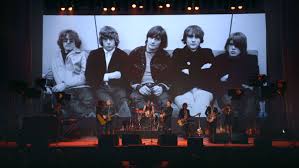
Turn, Turn, Turn. Everything comes around. The Beatles influence The Byrds who influence The Beatles. Dylan influences the Byrds who influence Dylan. All of whom influence countless others and directly affect contemporary artists.
And there’s Tom Petty. The film captures his last recorded interview, where he pays homage to the Laurel Canyon sound, and in particular, the Rickenbacker 12-string electric guitar that he plays, which of course was made famous by Roger McGuinn before him.
In yet another collaborative twist, the two once toured together. Listen to McGuinn’s acoustic version of Petty’s American Girl. In conversation before he starts playing, he describes hearing Petty for the first time, turning to his manager and asking, “When did I record that?”
All of the artists interviewed talk about “sharing” and “borrowing” ideas. It’s what happens when creative people get in a room together. A lot of this happens on the Internet now, where community is virtual.
We are blessed by big data and digital connections. We’re also cursed by it. Quantity does not equate to quality. Ideas can be crowdsourced, data can be analyzed, but human interaction and real-time collaboration is always the better choice for authenticity, richness and nuance.
